How To Talk About Places Youve Never Been
On the Importance of Armchair Travel
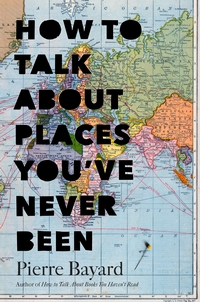
There are many beautiful and fascinating places in the world, and there are many very comfortable armchairs. In How to Talk About Places Youve Never Been, the always-entertaining Pierre Bayard reveals how you can best experience both. Filled with humor and savvy, this book delves into the art of the non-journey, a favorite pastime of those intellectually adventurous souls who have learned how to expand their worldviews from the comfort of their own homes. With a characteristic dash of irreverence, Bayard recounts stories from his own life and from the lives of classic writers and thinkers as he shows us how we can get anywhere we could possibly imagine, without buying a single plane ticket.
Bayard puts forth some interesting ideas about the capacity of literature to take readers to other worlds and the possible superiority of these experiences to physical travel. Publishers Weekly
If your device has internet capabilities, please click here for more information.
How to Talk About
Books You Havent Read
PIERRE BAYARD
Translated from the French
by Jeffrey Mehlman

Contents
(in which the reader will see, as demonstrated by a character of Musils, that reading any particular book is a waste of time compared to keeping our perspective about books overall)
(in which we see, along with Valry, that it is enough to have skimmed a book to be able to write an article about it, and that with certain books it might even be inappropriate to do otherwise)
(in which Umberto Eco shows that it is wholly unnecessary to have held a book in your hand to be able to speak about it in detail, as long as you listen to and read what others say about it)
(in which, along with Montaigne, we raise the question of whether a book you have read and completely forgotten, and which you have even forgotten you have read, is still a book you have read)
(in which Graham Greene describes a nightmarish situation where the hero finds himself facing an auditorium full of admirers impatiently waiting for him to speak about books that he hasnt read)
(in which we confirm, along with the Tiv tribe of western Africa, that it is wholly unnecessary to have opened a book in order to deliver an enlightened opinion on it, even if you displease the specialists in the process)
(in which Pierre Siniac demonstrates that it may be important to watch what you say in the presence of a writer, especially when he himself hasnt read the book whose author he is)
(in which we see, along with Bill Murray and his groundhog, that the ideal way to seduce someone by speaking about books he or she loves without having read them yourself would be to bring time to a halt)
(in which it is confirmed, with regard to the novels of David Lodge, that the first condition for speaking about a book you havent read is not to be ashamed)
(in which Balzac proves that one key to imposing your point of view on a book is to remember that the book is not a fixed object, and that even tying it up with string will not be sufficient to stop its motion)
(in which, reading S seki, we follow the advice of a cat and an artist in gold-rimmed spectacles, who each, in different fields of activity, proclaim the necessity of invention)
seki, we follow the advice of a cat and an artist in gold-rimmed spectacles, who each, in different fields of activity, proclaim the necessity of invention)
(in which we conclude, along with Oscar Wilde, that the appropriate time span for reading a book is ten minutes, after which you risk forgetting that the encounter is primarily a pretext for writing your autobiography)
I never read a book I must review; it prejudices you so.
OSCAR WILDE
Pierre Bayard puts his readersthis readerin a uniquely paradoxical position. Having just read his witty Howto Talk About Books You Havent Read, I have now discovered that there was no reason for me to have read it in the first place. But without having read it, how would I have known that I could just as well have skimmed it, or perhaps heard about it somewhere, or possibly formed a sense of the book based entirely on what other readers have said about it, on the sort of received opinions about a work that float around in the culture? In addition, not having read the book shouldntor so Pierre Bayard has assured meprevent me from talking confidently and learnedly about it, or even from writing these brief, introductory words of appreciation. But how would I have known that without Bayards sage advice, which I could only have found in his wise and original volume?
In any case, the fact remains that I am very glad I did read Bayards book. Had I skimmed it too rapidly, I might have missed the chapter in which he gives us the thrilling examples of literary doublespeak with which Paul Valry eulogized Marcel Proust and Anatole France while making it quite clear that he had hardly read a word of their work. Had I not read Bayard, I would not have found myself determined not only to readbut to rereadGraham Greenes The ThirdMan, as well as the essay in which Montaigne lamented his failing memory and its effect on his ability to read and retain what he had read. I would not have been so thoroughly entertained by Laura Bohannans attempt to discuss Hamlet with a group of West African tribesmen whose responses were hilariously and informatively out of synch with the instant, cross-cultural recognition of Shakespeares universality that she expected. Nor would I have been so pleased to discover that Bayards advice to those who meet writers of books they have not read confirms, so very gratifyingly, my own observation and experience: Praise it without going into detail. An author does not expect a summary or a rational analysis of his book, and would even prefer you not to attempt such a thing. He expects only that, while maintaining the greatest possible degree of ambiguity, you will tell him that you like what he wrote.
Having read such passages, I can only hope that I am not being insufficiently ambiguous when I say that what I liked best about Pierre Bayards sly meditation on the permissibility, the importance, and the sheer necessity of not reading is how, without our quite being aware of it, it becomes a study of the psychology of reading and of the purposes of literature, and a hymn to the pleasures of reading and to all the reasons why we cannot live without it.
Francine Prose
Born into a milieu where reading was rare, deriving little pleasure from the activity, and lacking in any case the time to devote myself to it, I have often found myself in the delicate situation of having to express my thoughts on books I havent read.
Because I teach literature at the university level, there is, in fact, no way to avoid commenting on books that most of the time I havent even opened. Its true that this is also the case for the majority of my students, but if even one of them has read the text Im discussing, there is a risk that at any moment my class will be disrupted and I will find myself humiliated.
In addition, I am regularly called on to discuss publications in my books and articles, since these for the most part concern the books and articles of others. This exercise is even more problematic, since unlike spoken statementswhich can include imprecisions without consequencewritten commentaries leave traces and can be verified.
As a result of such all-too-familiar situations, I believe I am well positioned, if not to offer any real lesson on the subject, at least to convey a deeper understanding of the non-readers experience and to undertake a meditation on this forbidden subject.
Next page
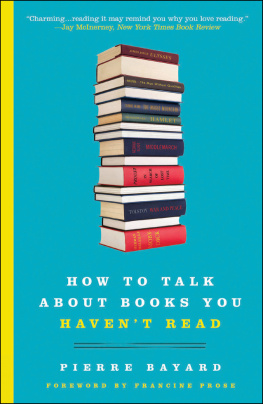




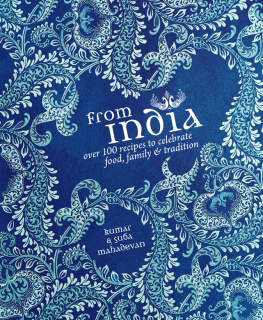
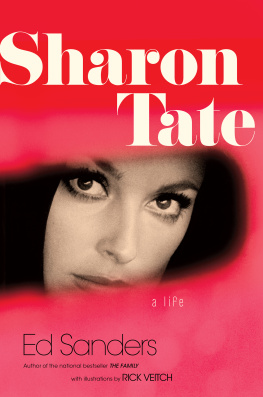

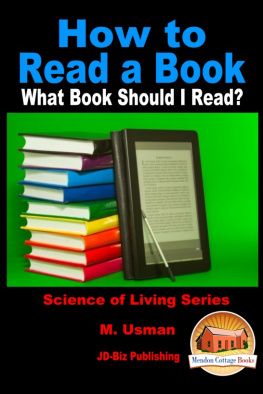


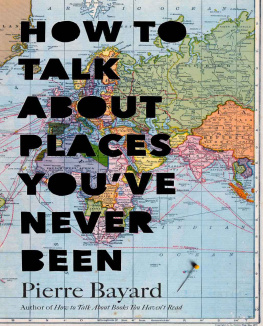
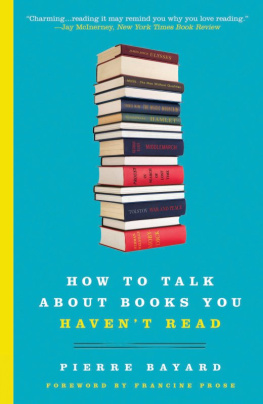


 seki, we follow the advice of a cat and an artist in gold-rimmed spectacles, who each, in different fields of activity, proclaim the necessity of invention)
seki, we follow the advice of a cat and an artist in gold-rimmed spectacles, who each, in different fields of activity, proclaim the necessity of invention)